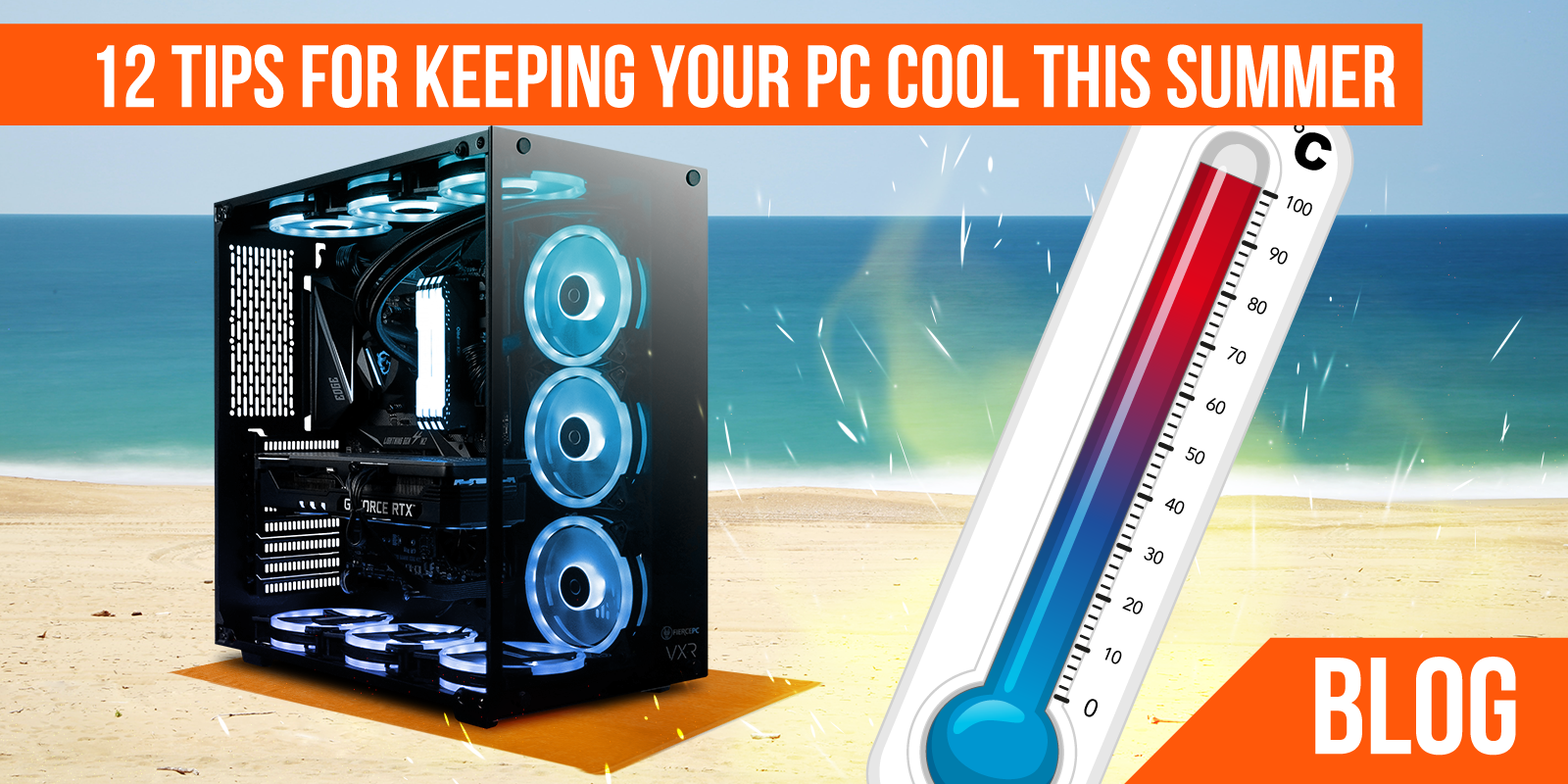Occasionally, you may find that you have to be a little bit creative when it comes to figuring out how to cool a high-end desktop PC. If installing additional case fans isn't enough, you can use other cooling products. For example, memory heatsinks and hard drive coolers can help bring down the temperatures of individual components. If you find that not enough air is circulating through the case, you might look at installing a cooling unit into an empty drive bay. Of course, if you want to go all-out, you can always use liquid cooling. These options are a bit more on the pricey side, but are definitely worth it if you want to keep your system cool at all times.
Top 12 Tips on keeping your PC Cool this Summer!
This form is protected by reCAPTCHA - the Google Privacy Policy and Terms of Service apply.
Don't have an account?
Creating an account has many benefits: check out faster, keep more than one address, track orders and more.
Top 12 Tips on keeping your PC cool this summer:
Keep your computer out of the hot zone even as temperatures climb indoors and out!
It's hot. We get it. It's going to get hotter, and your PC is not going to like it. Desktop PC's and Solid-state drives tend to slow down, become less stable and can crash during heat that goes above 26 degrees or 65% humidity.
But you can keep your PC running. All you've got to do is practice a bit of common sense. You'll be happier, your PC will function better, and work will get done faster and problem-free.
If you want to have a pleasant summer, make sure you follow these maintenance tips:
Make a habit of spot-checking fans:
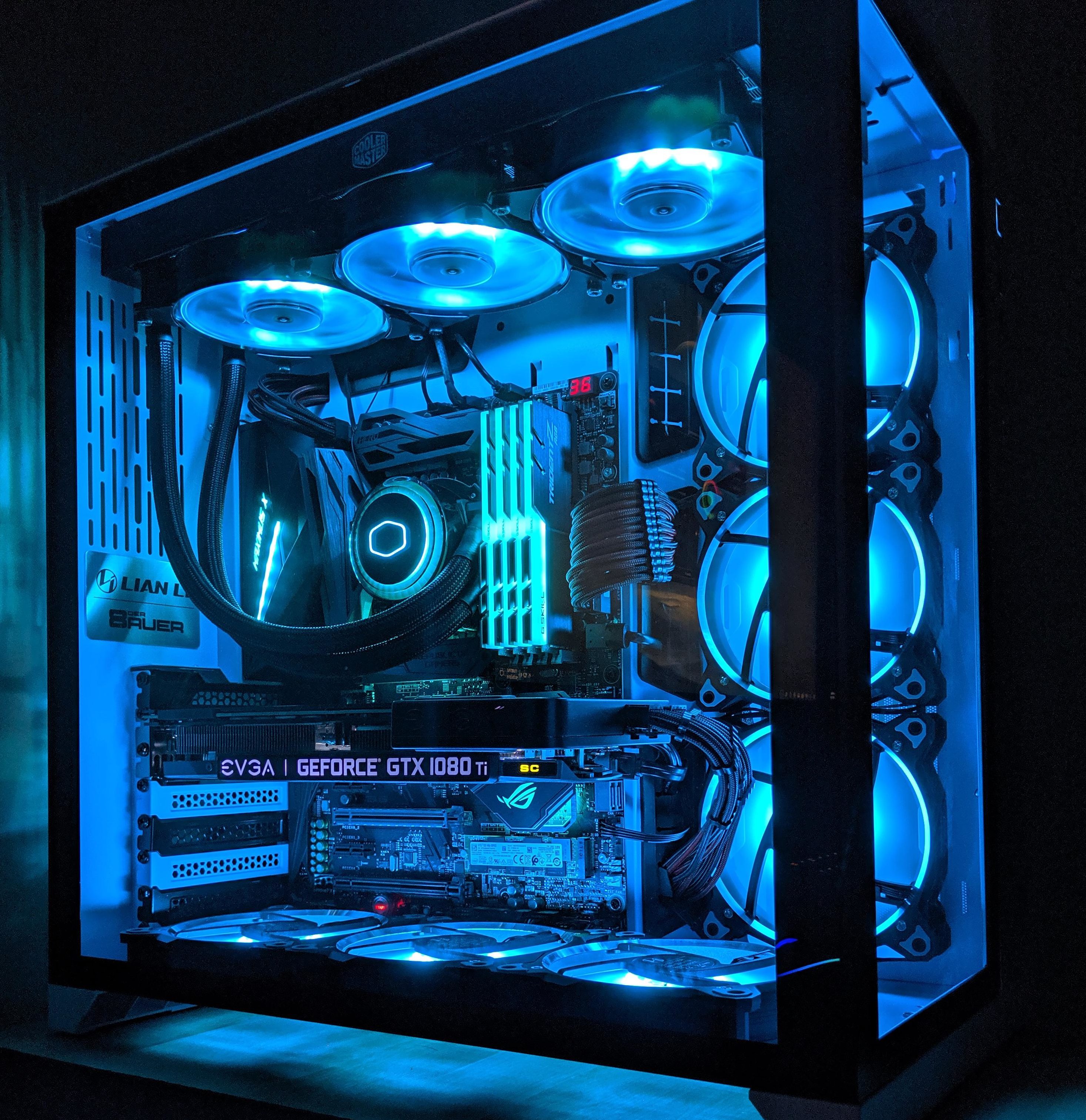
Make sure you are regularly checking your PC fans are working correctly. Once in a while, fans (either for your power supply or your case) will burn out. When this happens, there may not be any immediate symptoms, but you most definitely do not want to find out your fans are burnt out in the midst of summer. If you can spot the problem and correct it before symptoms begin to appear, you can ensure the rest of your system is as cool as a cucumber.
Stay on top of the dust:
Dust is one of the biggest villains when it comes to heat-related problems in your PC. If dust clogs the air intake on a PC, air does not move properly through the case and the PC can overheat. Make sure that you dust your PC and clean it before the intense summer months (although we would like to imagine you regularly clean and dust your PC anyway, right?).
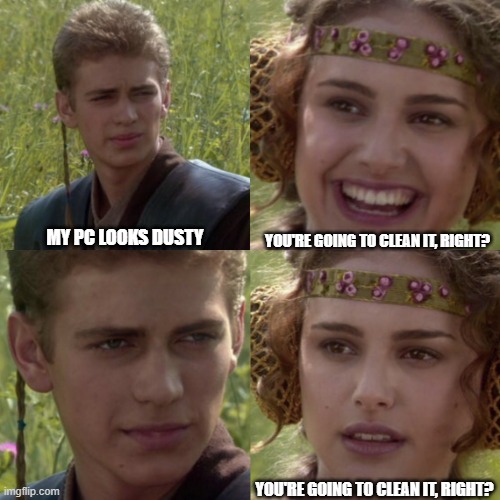
Use the shortest cables possible:
This one isn't a particularly quick fix, but will still be helpful for reducing heat inside your PC. Whenever you can, switch to shorter cables for your components. Long cables can take up excessive amounts of space within the case and inhibit airflow. If you've purchased, or intend to purchase a prebuild from us here at Fierce PC, you won't have to follow this tip, as we ensure all of our systems are as streamlined as they can be.
Add more fans:
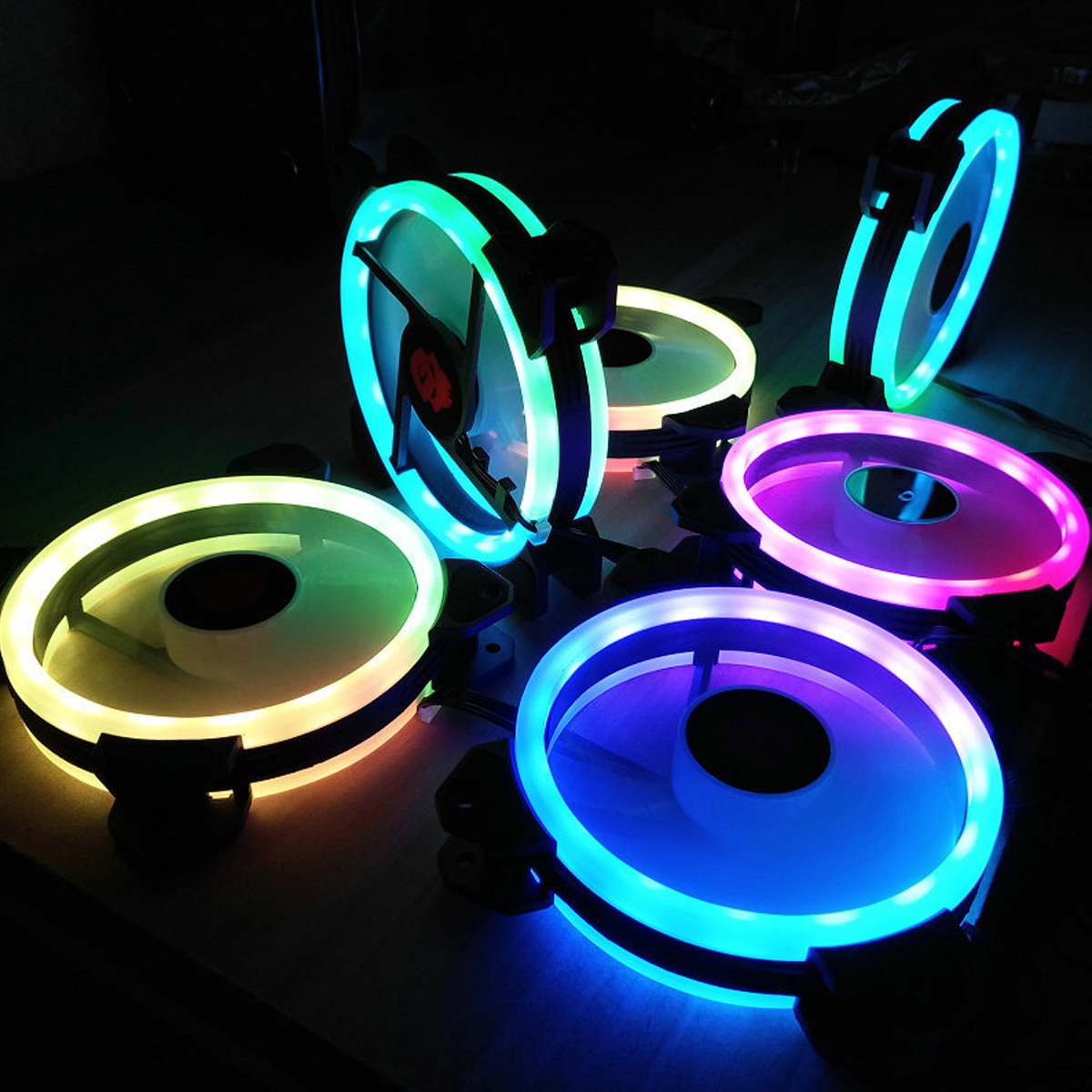
Some of you may have PCs that generate a bit more heat than the average desktop. For instance, a PC containing a newer GPU or several hard drives might run hot. If you have a PC like this, see whether your PC case can accommodate any extra fans. Case manufacturers will often leave room for the installation of additional fans. Another quick tip is to ensure your PC case is equipped with the right size fans. If your current fans come up quite small in comparison, it might be a good idea to upgrade to some bigger fans. Computer fans can be surprisingly cheap if this is something you decide to do.
Avoid enclosing the PC:
Quite a few desks are designed more with appearance in mind than functionality. We recommend avoiding desks with computer cabinets (designed to keep the PC out of sight), avoid putting your PC on carpeted flooring, or backing your pc into a corner. The problem with all of these is that they prevent air from circulating. As a result, your PC just keeps recycling the same air, heating it a little bit more each time it passes through the case. The temperature (especially during hot weather) may eventually rise to the point that components begin to fail.
Make use of cable guards:
Some computer cases are equipped with special channels for the cables. Using these types of channels or other cable guards helps keep the cables off to the side so that they do not block airflow through the case. Make sure yours are neat and tidy before the hottest summer months.
Check the BIOS temperature settings:
Take a look at the temperature-related BIOS settings. Most newer PCs have BIOS settings that can be configured to shut down the PC if it reaches a certain temperature. Some PCs also have BIOS settings that will generate an alert if the CPU fan or the case fan fails. This will come in handy when temperatures rise.
Hibernate PCs or turn them off when they aren't in use:
Here's a really simple thing you can do to help control heat: Configure the PCs to go into hibernation mode during periods of inactivity. Not only does this help to save electricity, but it also gives the PC a chance to cool down. Alternatively, if you know you will be away from your PC for an extended period of time, make sure you turn it off.
Use SSDs:
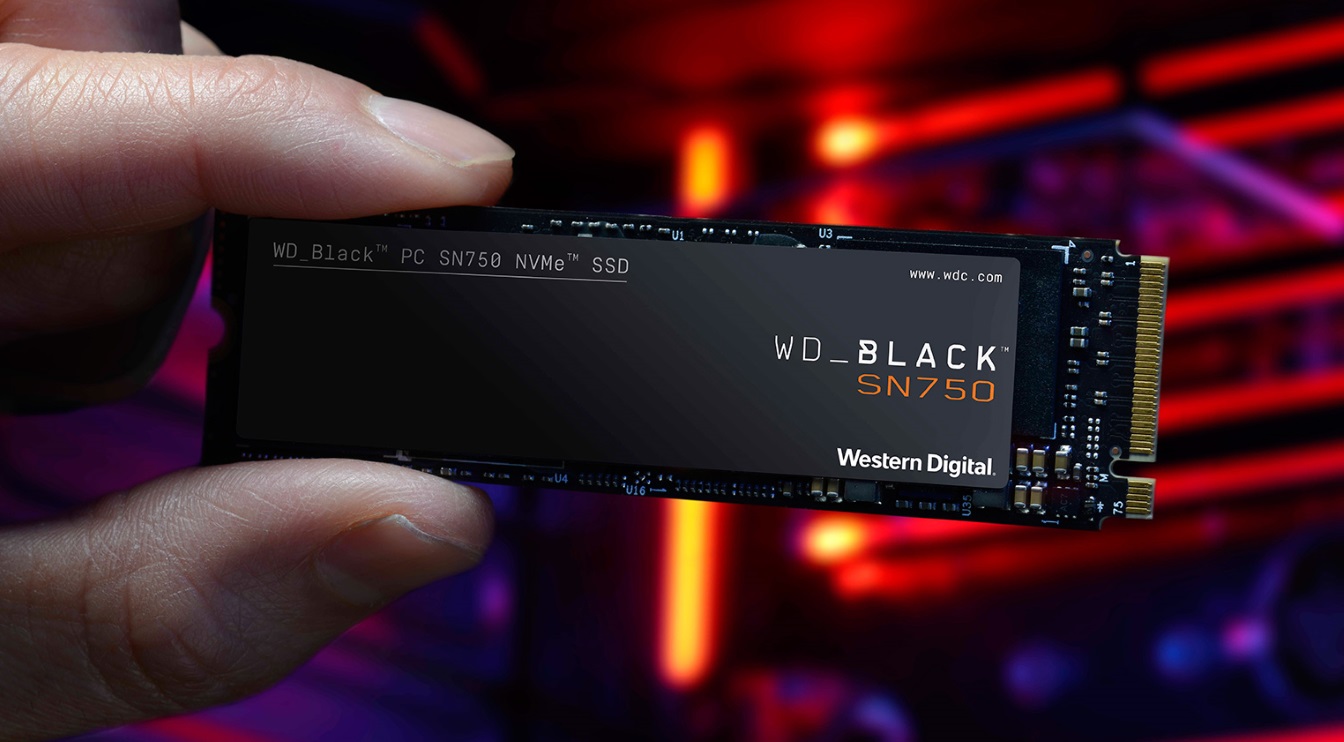
Another great option for controlling heat is to begin replacing traditional hard drives with solid-state drives. Solid-state drives do not contain any moving parts and therefore operate at a cooler temperature than regular hard drives do.
Consider alternative cooling products:
Watch application use:
The fewer items your CPU uses at once, the less likely it will overheat. Make sure you watch how many applications you have on the go at once. For example, close any unnecessary tabs (using Steam? Close your battle.net). You can also regularly run anti-virus and spy software to keep your PC free of any performance-compromising programs. We also do not recommend cooling programs or products on the market, some of these actually use more power than they cool down or even block your internal cooling, making matters worse.
Don't intentionally overclock the system:
Some of you might like to speed up your PCs operating system beyond recommended norms. While this can squeeze more speed out of your system, it will also cause it to run hotter, making it more likely to become problematic in hot summer months. If you haven't overclocked yet, consider the pros and cons before making a final decision.
Takeaways:
Like we mentioned before, a little bit of common sense and regularly keeping up to date with maintenance of your PC will go a long way in keeping your system cool this summer. Follow our tips and keep your system as cool as a cucumber!

